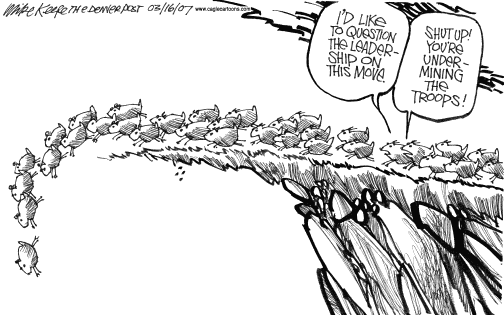Let's say someone is selling you an airplane, and they tell you it's perfect and worth twice
market. Would you believe them? Why not?
See the recent dust up on the acro mailing list ...
https://groups.google.com/g/aerobatics/ ... oter&pli=1
You need a pre-purchase inspection on an aircraft. Would you have the AME that's been
signing off all the recent annuals do it? Why not? Would it matter if the AME is the brother
in law of the seller?
Everyone is trying to sell you something, to better themselves. Not you. They have a conflict
of interest that they forgot to mention. You need to have some healthy skepticism when people
tell you some crazy narrative.
Ask yourself: why is this person pushing this crap at me, so enthusiastically? Do they
have something to gain, if I make a mistake and believe them?
Sometimes, when someone pushes crap at you, they aren't actually an evil genius. Few
people are. A lot of the time, they are just pushing crap at you, that someone pushed at
them, and they want you to buy into it, to validate the stupidity of the herd.
They will tell you, things are great if you buy into our narrative. Well, they are at this moment ...

Ask questions. Think for yourself. Examine the motives of narratives, and the people
that push them so violently. Cults rarely do any good for anyone who isn't at the top.
You know. Kommissars.

